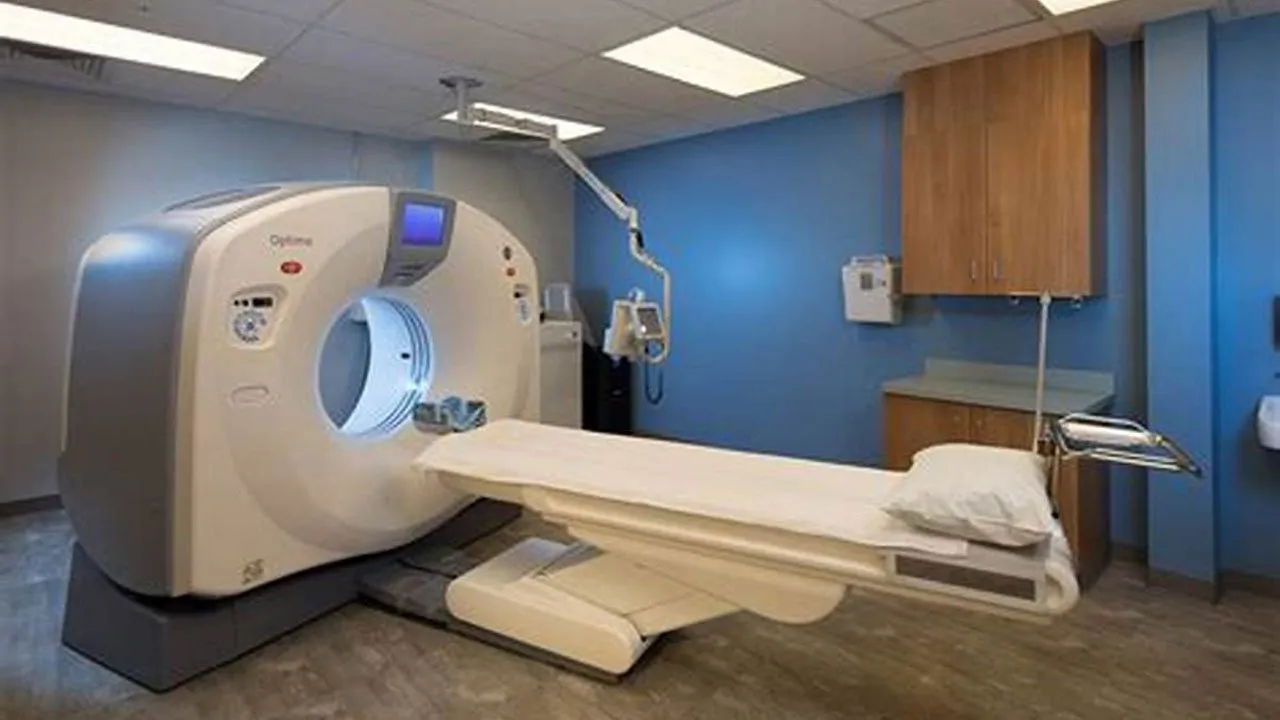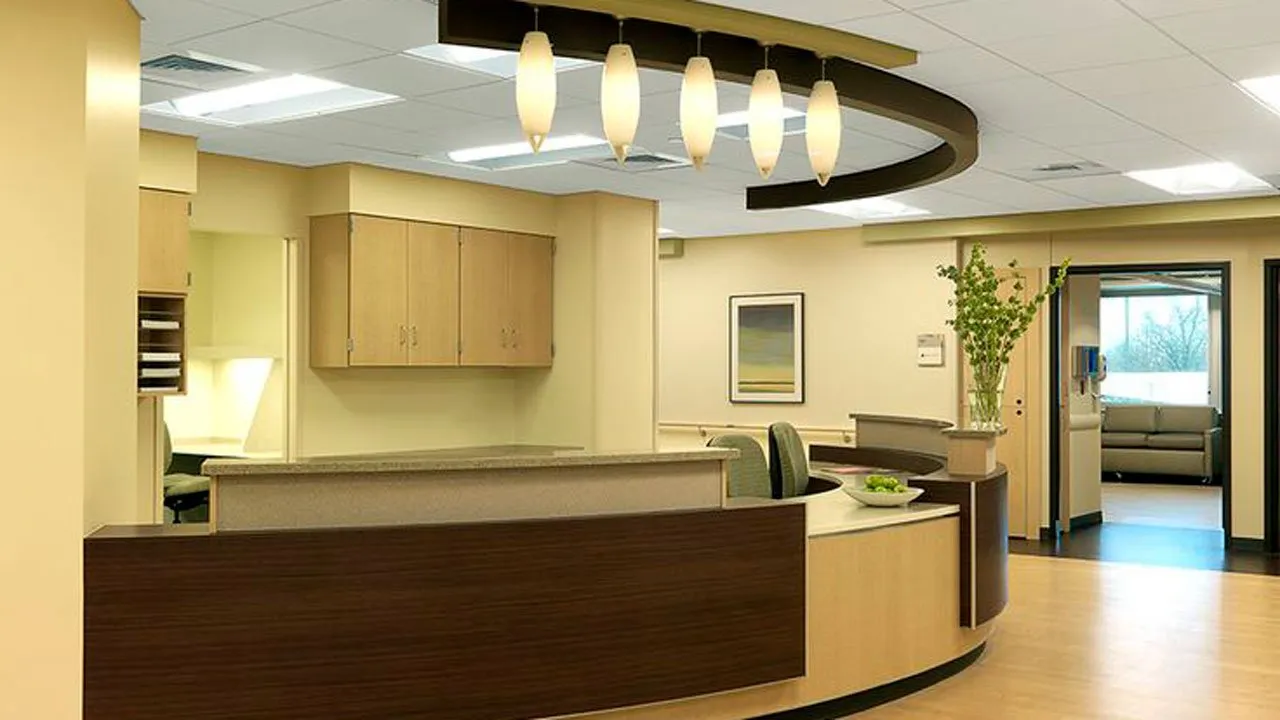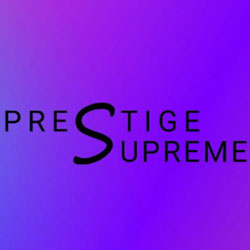Mental Health Center, Healthcare Facilities

A mental health center is a healthcare facility dedicated to the diagnosis, treatment, and support of individuals dealing with mental health disorders and emotional or psychological challenges. These centers play a critical role in providing a wide range of mental health services and support to help individuals improve their mental well-being. Here are some key characteristics and aspects of a mental health center:
- Multidisciplinary Team: Mental health centers typically employ a multidisciplinary team of professionals, including psychiatrists, clinical psychologists, social workers, counselors, psychiatric nurses, and occupational therapists. This team collaborates to address various mental health needs.
- Diagnosis and Assessment: Mental health centers offer comprehensive assessments and evaluations to diagnose mental health conditions, providing a basis for creating personalized treatment plans.
- Individual and Group Therapy: Therapy is a fundamental component of mental health treatment. Individual and group therapy sessions are available to address a wide range of mental health issues, from depression and anxiety to addiction and trauma.
- Medication Management: Psychiatrists at mental health centers can prescribe and manage psychiatric medications when they are an appropriate part of a treatment plan.
- Crisis Intervention: Some mental health centers offer crisis intervention services for individuals in immediate distress, including those experiencing suicidal thoughts or severe emotional crises.
- Inpatient and Outpatient Services: Mental health centers can provide both inpatient and outpatient care, depending on the level of care required. Inpatient care may be available for individuals in severe crisis or those requiring intensive treatment.
- Substance Abuse Treatment: Many mental health centers offer integrated care for individuals dealing with co-occurring mental health and substance use disorders.
- Child and Adolescent Services: Specialized services are often available for children and adolescents facing mental health challenges.
- Family and Couples Therapy: Mental health centers may provide family and couples therapy to address relationship dynamics and family support as part of the healing process.
- Rehabilitation and Skill Building: Some centers focus on teaching individuals coping skills, problem-solving techniques, and life skills to enhance their ability to manage their mental health effectively.
- Wellness and Prevention Programs: Mental health centers may offer wellness programs aimed at promoting mental health and preventing the onset of mental health issues.
- Cultural Competence: Cultural sensitivity is crucial in mental health care. Centers aim to provide culturally competent care that respects the diversity of their patient population.
- Patient-Centered Care: Care plans are tailored to meet the unique needs and preferences of each individual. The patient actively participates in decision-making regarding their care.
- Continuity of Care: Mental health centers often coordinate with other healthcare providers and community resources to ensure continuity of care for their patients.
- Confidentiality and Privacy: Strict patient confidentiality and privacy protocols are maintained to protect sensitive medical information.
Mental health centers are vital resources for individuals and communities, providing essential support for mental health challenges. They offer a safe and therapeutic environment for individuals to seek help, receive appropriate care, and work towards improving their mental and emotional well-being.
Enhance Mental Health Center Technologies
To enhance the efficiency of a mental health center, the following technologies can be integrated:
Electronic Health Record (EHR) Systems: EHR systems allow mental health professionals to store, manage, and access patient information electronically. These systems streamline the documentation process, improve data accuracy, and enable easy sharing of patient information between healthcare providers within the center.
Telepsychiatry: Telepsychiatry refers to the use of technology to provide mental health services remotely. Integrating telepsychiatry capabilities allows mental health centers to offer virtual consultations, therapy sessions, and medication management. This technology improves access to mental health care, particularly for individuals in remote areas or those with limited mobility.
Mental Health Apps: There are various mobile applications available that provide mental health support, self-help resources, and tools for managing mental well-being. Mental health centers can recommend and integrate these apps into their treatment plans to support patients in their self-care efforts and provide additional resources outside of therapy sessions.
Online Appointment Scheduling: Implementing online appointment scheduling systems can streamline the process of booking and managing appointments for mental health services. Patients can easily schedule appointments at their convenience, reducing wait times and administrative burdens for both patients and staff.
Secure Messaging Platforms: Effective communication between mental health professionals and patients is crucial. Integrating secure messaging platforms allows for secure and timely communication, enabling patients to reach out to their providers for non-emergency concerns, ask questions, and receive guidance between appointments.
Outcome Measurement Tools: Outcome measurement tools help mental health professionals assess the effectiveness of treatments and interventions. These tools can track patient progress, measure treatment outcomes, and provide valuable data for evidence-based decision-making and quality improvement within the mental health center.
Data Analytics and Reporting: Implementing data analytics and reporting systems can help mental health centers analyze and interpret large amounts of patient data. This technology can provide insights into treatment outcomes, identify trends, and support evidence-based practices for continuous improvement in patient care.
It is important for mental health centers to carefully evaluate and select technology solutions that align with their specific needs, comply with privacy and security regulations (such as HIPAA), and consider the preferences and comfort levels of their patients. Additionally, proper training and support for mental health professionals and staff are essential to ensure the effective utilization of these technologies.
Sources:
“Healthcare Information Technology Exam Guide for CompTIA Healthcare IT Technician and HIT Pro Certifications” by Kathleen McCormick
“Healthcare Information Systems, Second Edition” by Karen A. Wager, Frances W. Lee, and John P. Gl




 3D Fashion Model
3D Fashion Model
 Fashion Model
Fashion Model












